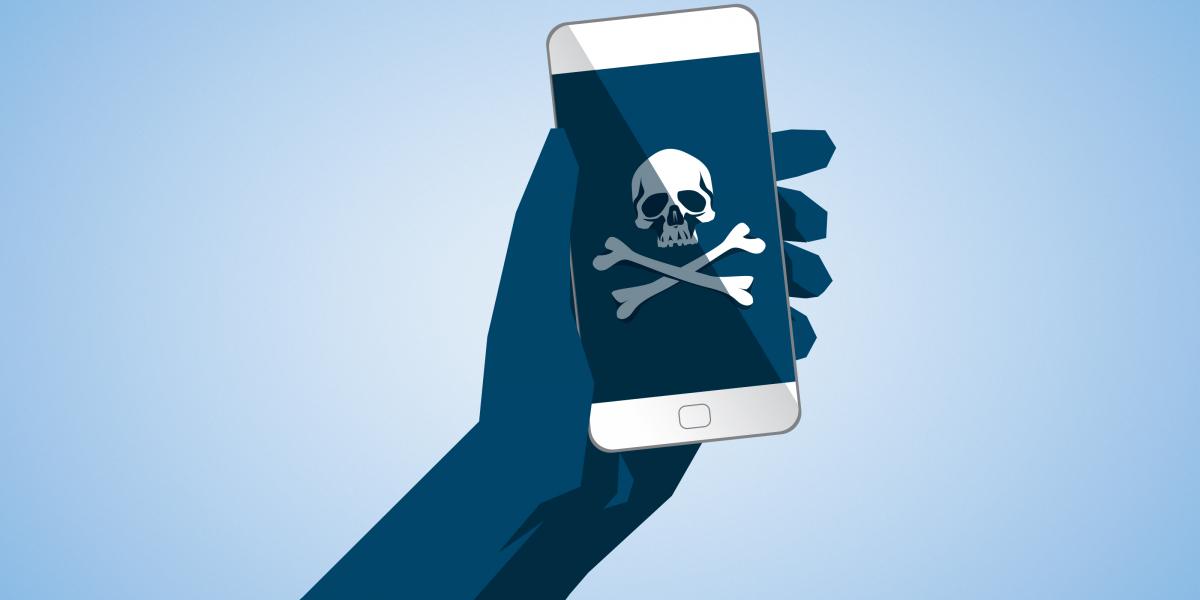Can Text Messages Prevent a Cholera Outbreak?
Can mobile phones help stop cholera in families in Bangladesh?
Cholera is a danger not only to the person carrying the Vibrio cholera bacterium but also to his or her relatives: Family members’ risk of infection is 100 times higher than that of the general population.
Christine Marie George, PhD, an associate professor in International Health, is turning to the ubiquitous mobile phone to help reduce infection rates in Bangladesh, one of the planet’s poorest countries with one of the highest risks for cholera. Cholera is spread, in part, by poor sanitation and inadequate hygiene; handwashing is one way to reduce the likelihood of transmission.
“The time when family members are at highest risk is the one-week period after the cholera patient presents in the hospital,” George says.
The Cholera Hospital-Based Intervention for 7 Days, or CHoBI7, aims to reduce that risk by sending text and voice messages to remind a patient’s family to wash their hands with soap. Ninety percent of Bangladeshi homes have access to mobile phones.
George leads the program in partnership with Munirul Alam, PhD, at the International Centre for Diarrhoeal Disease Research, Bangladesh. She is currently conducting a randomized controlled trial of the CHoBI7 mobile health intervention that will enroll more than 5,000 participants over the next year.
The project, George notes, would not have been possible even a year ago. The Bangladeshi government recently required its citizens to register SIM cards—a subscriber identification module found in each phone—which has reduced the high turnover of phone numbers. Mobile phones, George says, “are a way to make contact at a low cost and with a wide reach.”
